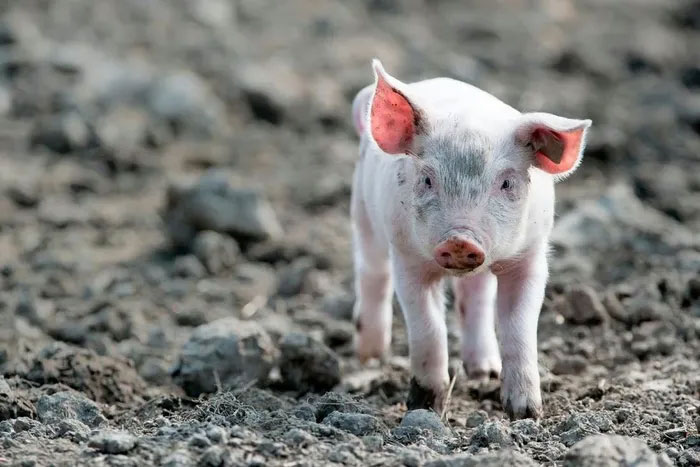Many experts suggest that the definition of death should be re-evaluated following the announcement by American scientists on August 3 that they can restore cellular functions in pigs that have been dead for one hour.
The research team in the U.S. previously shocked the scientific community in 2019 when they revived cellular functions in the brains of pigs a few hours after they were decapitated.
However, the latest study published in the journal Nature on August 3 expands this technique to the entire body, according to AFP.
The researchers induced a heart attack in anesthetized pigs, causing blood flow to stop reaching the organs in their bodies. This resulted in a loss of oxygen for the cells. Without oxygen, cells in mammals will die.
The pigs subsequently died within one hour.
The scientists then pumped a solution into the pigs’ bodies containing their own blood, a synthetic form of hemoglobin (the protein that carries oxygen in red blood cells), and various cell-protecting drugs to prevent blood clots.
In the following six hours of the experiment, blood circulation resumed, and many cells in the hearts, livers, and kidneys of the pigs began to function again.

Scientists report that functionality in some organs of the tested pigs can be restored one hour after their hearts stopped beating. (Photo: TNS).
Nenad Sestan, the lead author of the study and a researcher at Yale University, stated: “These cells were functioning hours later when they should not have been. This indicates that the process of cellular death can be halted.”
Co-author David Andrijevic expressed that the team hopes the OrganEx technique used in the study “could be used to save organs.”
Scientist Sam Parnia, who works at the Grossman School of Medicine at New York University, believes this is “a truly remarkable and very important study.” He noted that it shows death is “a biological process that can be treated and potentially reversed for many hours after it occurs.”
This discovery raises hopes for saving many patients in need of organ transplants.
However, it may also spark ethical debates, especially after some pigs that were supposed to be dead moved their heads during the experiment, startling the researchers.

















































